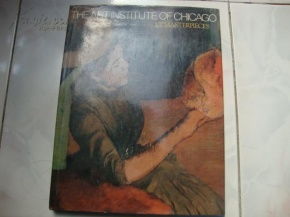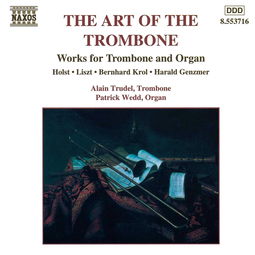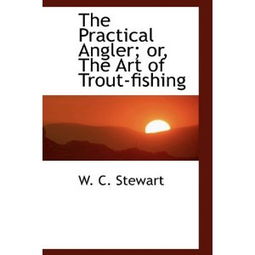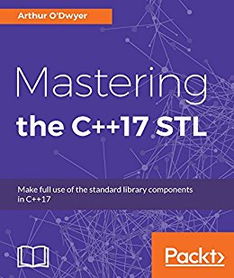Content:
Introduction: Fishing is an ancient pastime that has been cherished by millions around the world. Whether you are a seasoned angler or a beginner looking to cast your line into the water, having a solid understanding of fishing techniques and utilizing a comprehensive experience guide can significantly enhance your fishing adventures. In this article, we will delve into the essentials of fishing techniques and provide you with practical tips on how to make the most out of your experience guide.
Understanding Your Experience Guide: Before we dive into the fishing techniques, it is crucial to familiarize yourself with the contents of your experience guide. This guide is your go-to resource for everything from selecting the right equipment to mastering the art of lure casting. Here are some key elements you should be aware of:
Introduction: This section provides an overview of the guide, including its purpose and structure. It may also include a brief history of fishing and its importance.

Equipment Guide: This section details the various types of fishing equipment available, such as rods, reels, lines, hooks, lures, and baits. It explains the purpose of each item and how to choose the right ones for your fishing needs.
Techniques Section: This is the heart of your guide, where you will find detailed instructions on various fishing techniques, such as casting, retrieving, and landing fish. It may also cover specialized techniques for different types of fish and fishing environments.
Tips and Tricks: This section offers practical advice on how to improve your fishing skills, such as how to read water conditions, identify fish behavior, and use the right bait at the right time.
Safety and Ethics: This part of the guide emphasizes the importance of safety while fishing and discusses ethical considerations, such as respecting wildlife and following local fishing regulations.
Mastering the Basics: Now that you are familiar with the contents of your experience guide, let's delve into some essential fishing techniques:
Choosing the Right Equipment: The first step in successful fishing is selecting the appropriate equipment. Consider the type of fish you are targeting, the fishing environment, and your personal preferences when choosing your rod, reel, line, and lure.
Casting: Casting is the process of throwing your lure or bait into the water. There are several casting techniques, such as the overhead cast, sidearm cast, and roll cast. Practice these techniques to improve your accuracy and distance.
Retrieving: Retrieving involves moving your lure or bait through the water to attract fish. The speed and method of retrieval depend on the type of lure and the behavior of the fish you are targeting. Experiment with different retrieves to find what works best.
Landing Fish: Once you have hooked a fish, it's time to land it. This involves reeling in the line and guiding the fish to the shore or boat. Be gentle and patient, as some fish can be quite strong.
Advanced Techniques: Once you have mastered the basics, you can explore more advanced fishing techniques:
Trolling: Trolling involves dragging a lure or bait behind a moving boat. This technique is effective for catching fish that are located in deeper waters or along the bottom.
Fly Fishing: Fly fishing is a specialized technique that requires a fly rod, line, and artificial flies. It is a great way to target trout and other species in streams and rivers.
Spinning: Spinning is a versatile technique that can be used in various environments. It involves casting a spinning reel with a spinning rod and retrieving the line with a retrieve reel.
Bait Fishing: Bait fishing involves using natural or artificial baits to attract fish. This technique can be effective for catching a wide range of species.
Using Your Experience Guide: Now that you have a solid understanding of fishing techniques, it's time to put your experience guide to good use. Here are some tips on how to make the most out of your guide:
Read and Review: Spend time reading through your guide to familiarize yourself with the various techniques and tips. Review the sections that are most relevant to your fishing goals.
Practice: Like any skill, fishing requires practice. Spend time on the water, applying the techniques you've learned from your guide. Don't be afraid to experiment and adapt as needed.
Keep a Journal: Document your fishing experiences in a journal. Note the techniques that worked well, the baits that were most effective, and the conditions that were favorable for catching fish. This information will be invaluable for future trips.
Stay Informed: Keep up with the latest trends and advancements in fishing techniques and equipment. Your experience guide may not cover everything, so staying informed will help you continue to improve your skills.
Conclusion: Fishing is a rewarding activity that can be enjoyed by people of all ages and skill levels. By utilizing your fishing techniques and experience guide, you can enhance your fishing skills, increase your chances of success, and make the most out of your time on the water. Remember to always respect the environment and practice ethical fishing, and you'll be well on your way to becoming a master angler.












